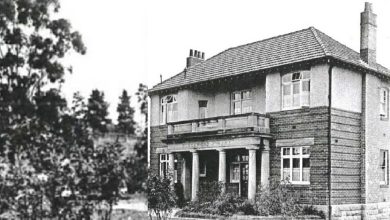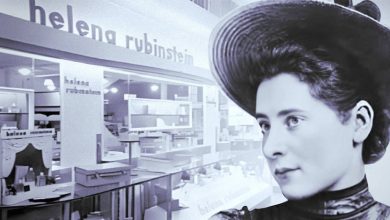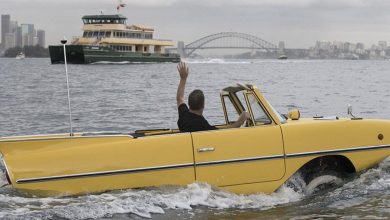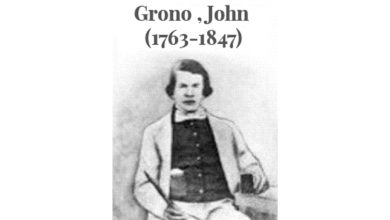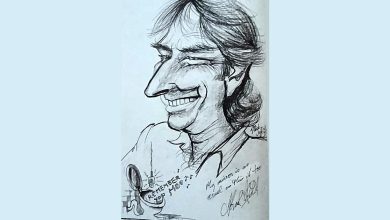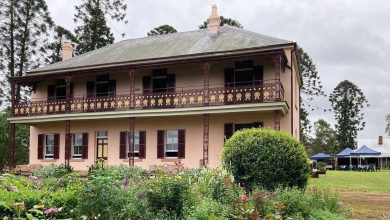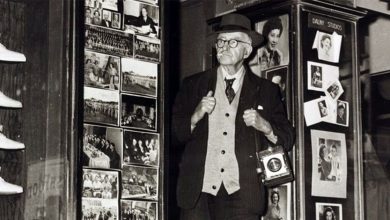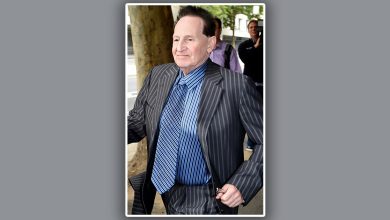Continuing Mary Leonora Smith’s story about her parent’s trials and tribulations during their lives at Baulkham Hills during the 1920s and 30s we recommence the story during the depression years.
“After selling their cows, the bull and farm machinery and seeing it all loaded onto trucks and disappearing around the bend on the old Seven Hills Road, there was no time for crying as we still had a home, a few fowls and old “Whitey” the horse and with a loan to get started my father became the local “Fruit & Vegie Man”. Before daylight he was off to the markets and then spent the rest of the day trying to sell his goods. Speck apples and potatoes were eagerly sought by most of his customers.
I remember sitting on the back of the cart, jammed between sacks of potatoes and the scales, my legs dangling as I trailed a stick in the dusty dirt roads. Fortunately I had not gone one day when a car ran into the back of the cart.
Amongst my souvenirs I have a newspaper cutting which tells how “The cart was struck from behind and Bob landed midst a shower of fruit”. The article was meant to amuse and perhaps the humour was there, but it meant lost trade and hours of work repairing the cart. Every day my father was greeted by yet another husband who had lost his job, asking to call every second week. Soon it was not worth the trip to market and the final blow came when “Old Whitey” died of pneumonia. In a state of utter despair, Dad pushed the cart into the creek and there it stayed.
Not long after this the bank foreclosed and we had to leave our home.
A sympathetic neighbour gave us shelter on their verandah. We had our beds, two wardrobes, our kitchen furniture and two old black leather armchairs. I don’t remember why but mother called them the “easy” chairs.
Our hosts did not care for dogs so our two little “Aussie” terriers were put to sleep and buried on the creekbank.
Reluctantly my father joined the dole queue, often walking to Parramatta to save the fare of seven pence. Our meagre provisions were carried home in a sack on his back.
Change of Government brought a state of relief, men were given work, thereby earning the dole and my tired dad took his place on the road gang. So was built the Bells Line of Road.
By careful saving and self-denial they managed to buy a block of land and with help of friends and neighbours, a dwelling was built. The kitchen had an earth floor and mother sprinkled it with tea leaves before sweeping. In time it looked polished. The windows always shone and she would quote “The windows of your house are the mirrors of your soul”. The sleeping area had a wooden floor and a tin partition separated the beds. It was dark green with large green frogs imprinted on the tin.
A second-hand fuel stove and copper were bought, our kerosene lamps hung from rafters and we moved into our new “home”. We lived there for about four years. I made few friends at high school, afraid that I would be asked to visit and too ashamed to ask anyone to my house.
The next few years were lean ones but we had our own vegetables and neighbours shared crops. Gathering blackberries became a favourite outing, purple lips and fingers being no deterrent to having a fun day.
Somehow mother saved a little each fortnight so there would be something extra for Christmas and, as if by magic, there would be a cake, iced and pretty, a pudding with “surprises” and somehow too, always a parcel for each of us, holding some small treasure we had hoped for.
Christmas was a sad time for mother, so far from the Cornish village where she was born and all thoughts of returning to visit her widowed mother and crippled sister long forsaken. The Depression had prevented my father from keeping his promise to take her home after seven years.”
The final instalment of this story will be published in the next edition.

